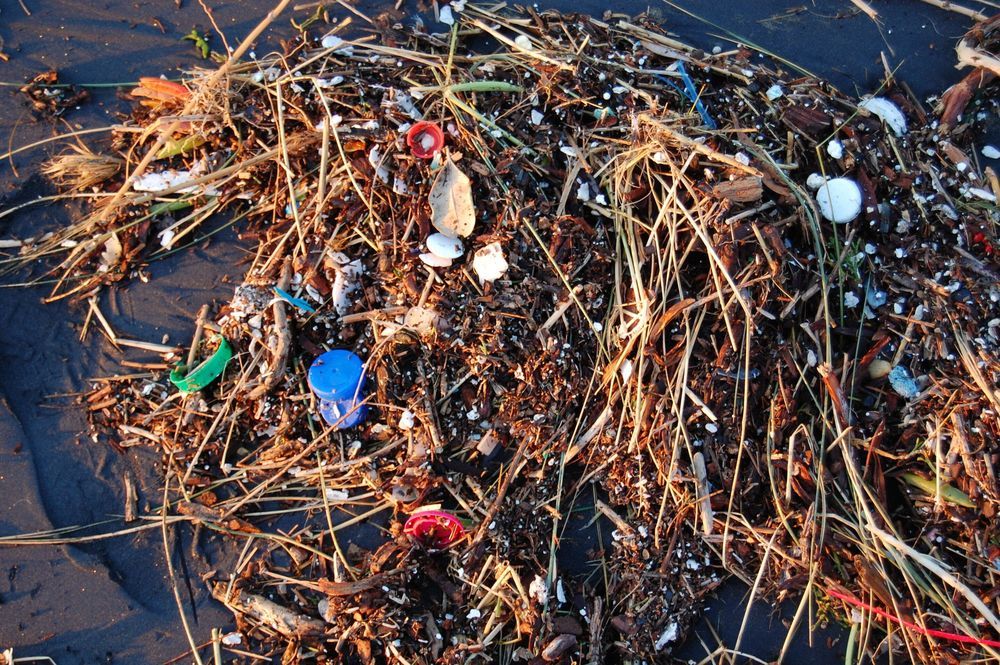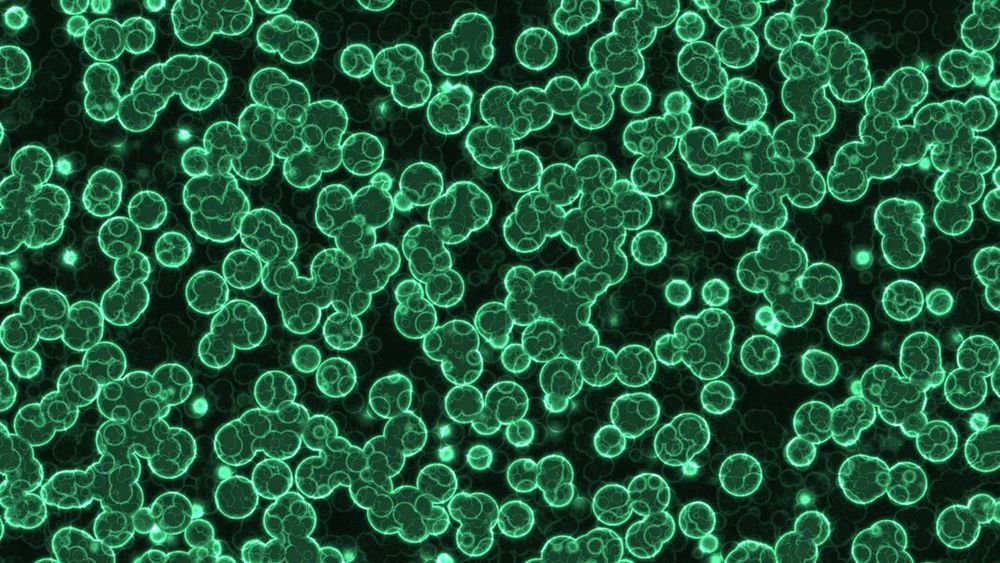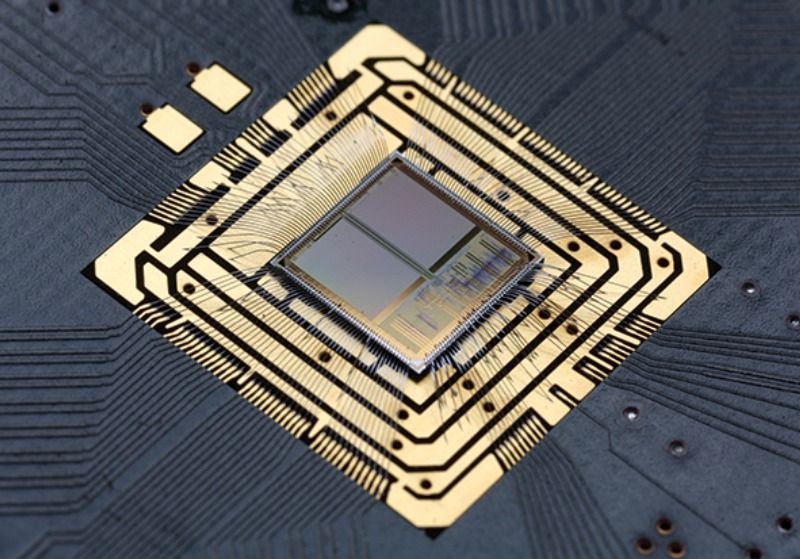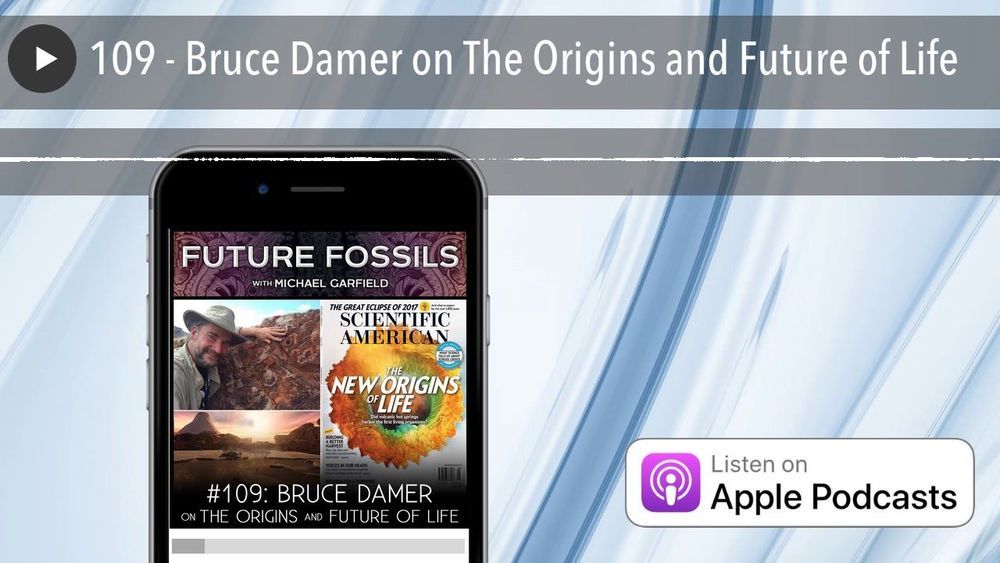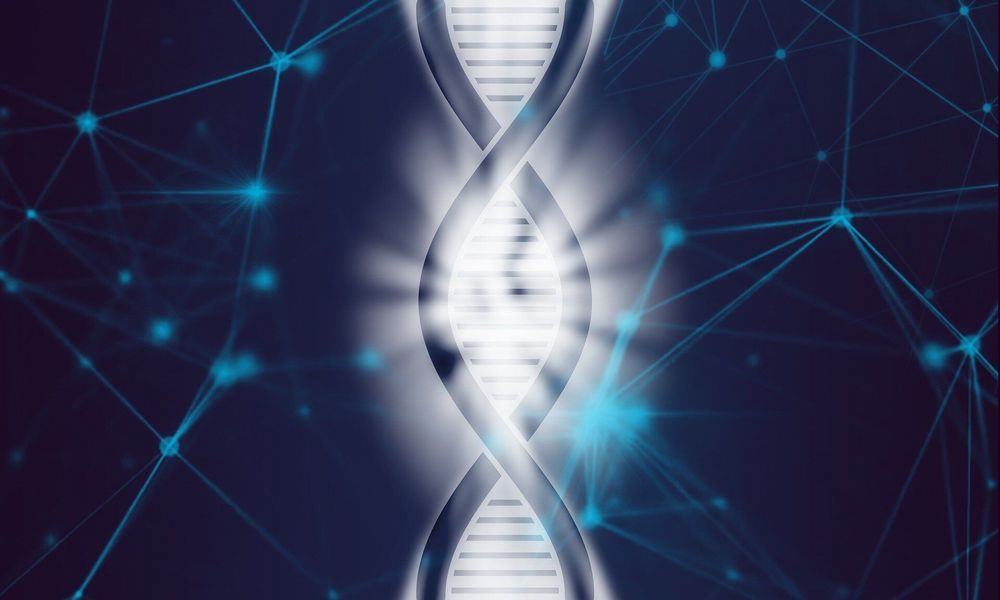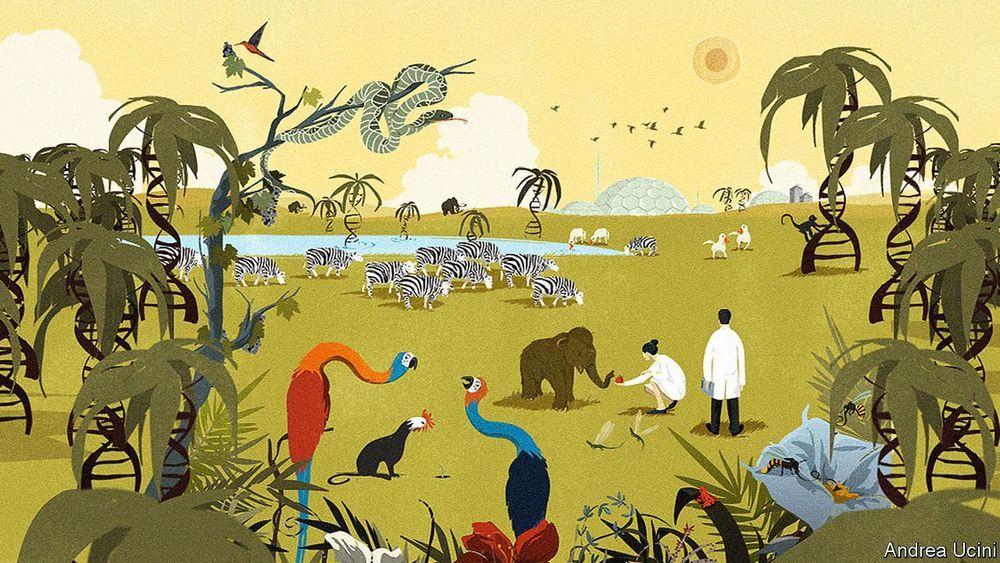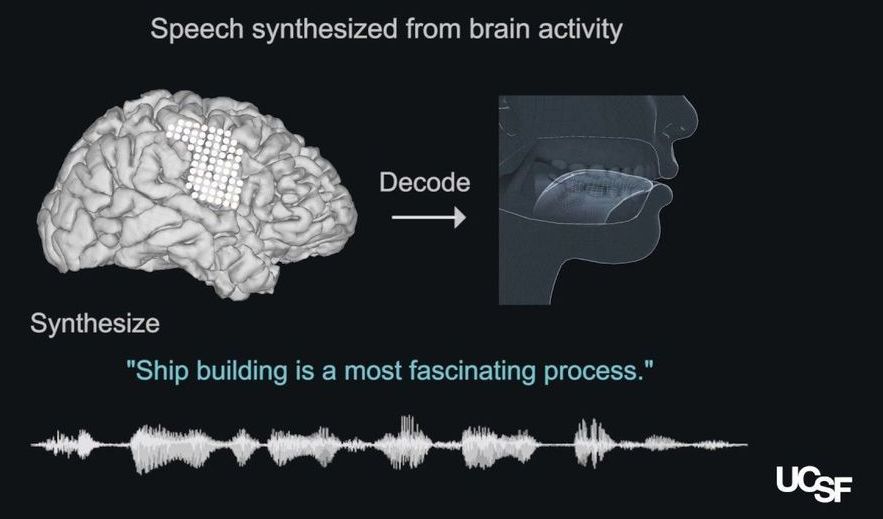May 14, 2019
It’s not just fish, plastic pollution harms the bacteria that help us breathe
Posted by Xavier Rosseel in category: biological
“We looked at a group of tiny, green bacteria called Prochlorococcus which is the most abundant photosynthetic organism on Earth, with a global population of around three octillion (~1027) individuals,” says Sasha.
Ten per cent of the oxygen we breathe comes from just one kind of bacteria in the ocean. Now laboratory tests have shown that these bacteria are susceptible to plastic pollution, according to a study published in Communications Biology.
“We found that exposure to chemicals leaching from plastic pollution interfered with the growth, photosynthesis and oxygen production of Prochlorococcus, the ocean’s most abundant photosynthetic bacteria,” says lead author and Macquarie University researcher Dr. Sasha Tetu.
Continue reading “It’s not just fish, plastic pollution harms the bacteria that help us breathe” »
